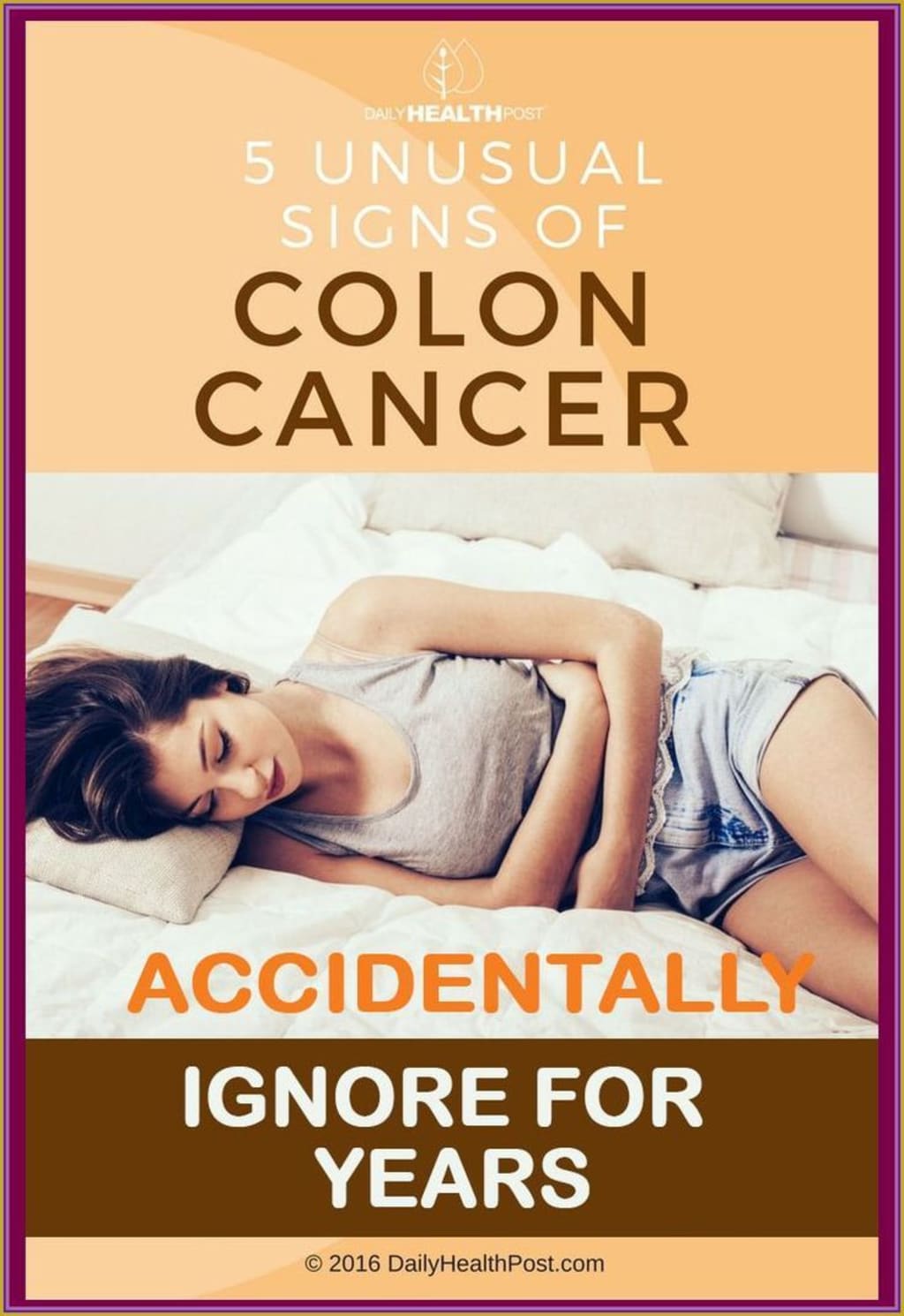
Colon cancer : overview
Colon cancer is a type of cancer that affects the large intestine (colon) and can spread to other parts of the body. It is often caused by the abnormal growth of cells in the colon, which can form a tumor. Symptoms may include abdominal pain, blood in the stool, and changes in bowel movements. Risk factors include age, genetics, lifestyle factors, and a history of colon polyps. Screening tests, such as colonoscopy, can help detect colon cancer early and increase the chances of successful treatment. Treatment options include surgery, chemotherapy, and radiation therapy.
'Salmonella'- A bacteria that causes cancer
There is evidence that exposure to certain strains of Salmonella can increase the risk of developing colon cancer. Salmonella is a type of bacteria that can cause food poisoning and other infections. Research has shown that infection with specific strains of Salmonella can alter the gut microbiome and lead to chronic inflammation in the colon, which can increase the risk of developing colon cancer. Salmonella is a common bacterial disease that affects the intestinal tract of the humans. While the bacteria which cause the disease typically live in animals, humans can become infected through contaminated meats or water.
Symptoms
Signs and symptoms of colon cancer include:
- A persistent change in your bowel habits such as diarrhea or constipation or a change in the consistency of your stool
- Rectal bleeding or blood in your stool
- Persistent discomfort in the abdominal, such as cramps, gas or pain
- A feeling that your bowel doesn't empty completely
- Weakness or fatigue
- Weight loss
Many people with colon cancer experience no symptoms in the early stages. When symptoms appear, they'll likely vary, depending on the cancer's size and location in your large intestine.
Prevention
Screening of colon cancer
Doctors recommend that people with an average risk of colon cancer consider colon cancer screening around age 45. But people with an increased risk, such as those with a family history of colon cancer, should consider screening sooner.
Several screening options exist — each with its own benefits and drawbacks. Talk about your options with your doctor, and together you can decide which tests are appropriate for you.
Lifestyle changes to reduce your risk of colon cancer
You can take steps to reduce your risk of colon cancer by making changes in your everyday life. Take steps to:
- Eat a variety of fruits, vegetables and whole grains. Fruits, vegetables and whole grains contain vitamins, minerals, fiber and antioxidants, which may play a role in cancer prevention. Choose a variety of fruits and vegetables so that you get an array of vitamins and nutrients.
- Drink alcohol in moderation, if at all. If you choose to drink alcohol, limit the amount of alcohol you drink to no more than one drink a day for women and two for men.
- Stop smoking. Talk to your doctor about ways to quit that may work for you.
- Exercise most days of the week. Try to get at least 30 minutes of exercise on most days. If you've been inactive, start slowly and build up gradually to 30 minutes. Also, talk to your doctor before starting any exercise program.
- Maintain a healthy weight. If you are at a healthy weight, work to maintain your weight by combining a healthy diet with daily exercise. If you need to lose weight, ask your doctor about healthy ways to achieve your goal. Aim to lose weight slowly by increasing the amount of exercise you get and reducing the number of calories you eat.
About the Creator
Leo
"A professional writer is an amateur who didn't quit" - Richard Bach






Comments
There are no comments for this story
Be the first to respond and start the conversation.